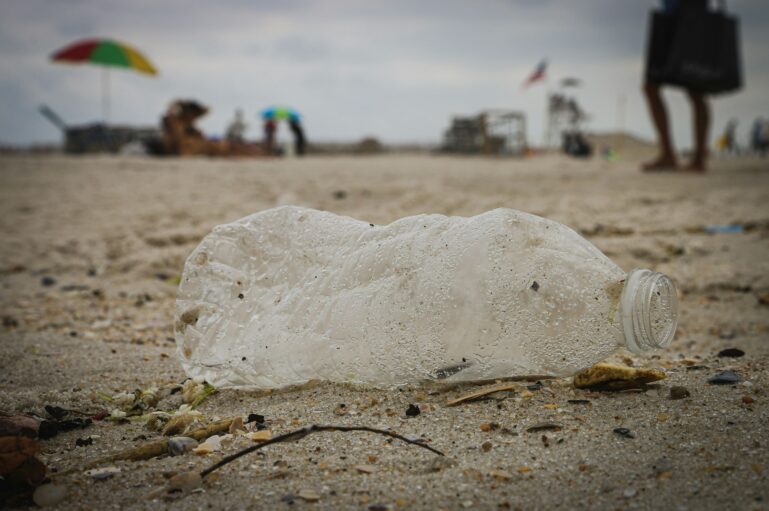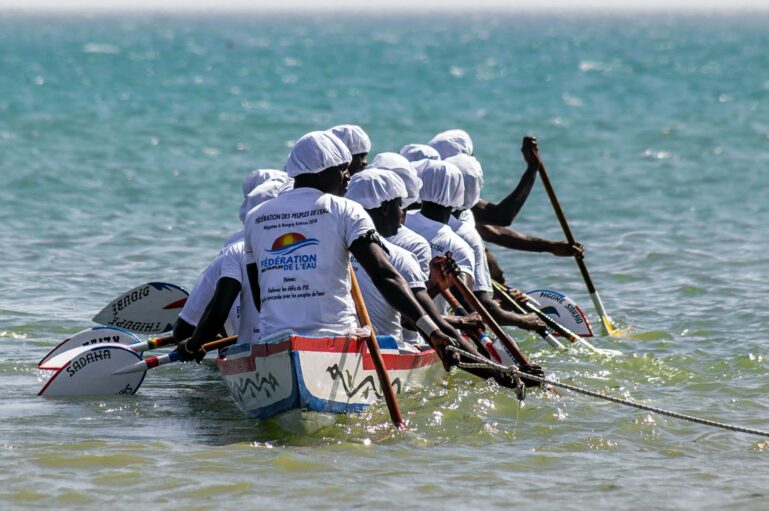“There are more things to do than we ever shall get done; there are more books to read than we can ever look at; there are more avenues to enjoyment than we ever shall find time to travel. Life appeals to us from innumerable directions, crying, ‘Attend to me here!’ In consequence, we litter up our lives with indiscriminate preoccupation. We let first come be first served, forgetting that the finest things do not crowd. We let the loudest voices fill our ears, forgetting that asses bray, but gentlemen speak low. Multitudes of people are living not bad but frittered lives – split, scattered, uncoordinated. They are like pictures into which a would-be artist has put, in messy disarray, everything that he has chanced to see; like music into which has been hurled, helter-skelter, every vagrant melody that strayed into the composer’s mind. Preoccupation is the most common form of failure” (Harry Emerson Fosdick)
Life offers us choices every day and the quality of our lives mostly depends on the quality of the choices that we all make. Balance is a dynamic equilibrium in which work, family, time, and money are all essential parts. The discomfort that often masquerades as “imbalance” is usually not created by a lack of mechanical “balance” at all; it is created by a lack of alignment with principles and with what our navigational intelligence tells us is “wise”.
Basically, wisdom is navigational intelligence. It is the ability to make the choices that create the positive consequences that we want in our lives. Roger Merrill (Life Matters) notes: “Someone who is wise is characterised by deep understanding, keen discernment, and a capacity for sound judgement.” Synonyms include sage, sapient, judicious, prudent, and sensible. Wisdom development takes time. As Merrill notes: “In today’s fast-paced world, it’s a challenge to take time to stop and think deeply about our lives. But as Plato once said: “The unexamined life is not worth living.” That’s a strong statement! But think about it: When we’re operating out of inaccurate or incomplete paradigms, running around doing things that are not aligned or high leverage, and making the same mistakes again and again – how much satisfaction are we going to get out of life? How balanced and peaceful are we going to feel?”
Perhaps the difference between information and knowledge is experience. More importantly though, the difference between knowledge and wisdom is character. As Merrill suggests: “It’s not only knowing the things that bring positive results or even knowing how to do them; it is also doing them – for the right reasons, at the right time, and in the right way. Character is having the moral or ethical strength to subordinate our immediate desires to our longer-term values and commitments and to do what will bring the positive results we want – even if we are tempted to procrastinate or be distracted by paths that appear to be easier or more pleasant in the short run. It’s having the integrity to be true to the best within.”
Self-awareness and the ability to process our own experiences are vital ingredients to developing wisdom that impacts our character. You can learn about principles, and you can read about the experiences of others. The context in which you really develop navigational intelligence, however, is in the journey of your life. That’s where cognitive learning becomes experiential. That’s where experiential learning, properly processed, becomes wisdom and where you develop character. As Merrill concludes: “It is as you confront the challenges of daily living with awareness that you learn to set your compass and your course based on ‘true north’.”
While we all face suffering and turmoil during the journey of our lives, it’s the processing of these obstacles that ultimately lead to wisdom and character development. As Anne Morrow Lindbergh suggests: “I do not believe that sheer suffering teaches. If suffering alone taught, all the world would be wise since everyone suffers. To suffering must be added mourning, understanding, patience, love, openness, and the willingness to remain vulnerable.”










